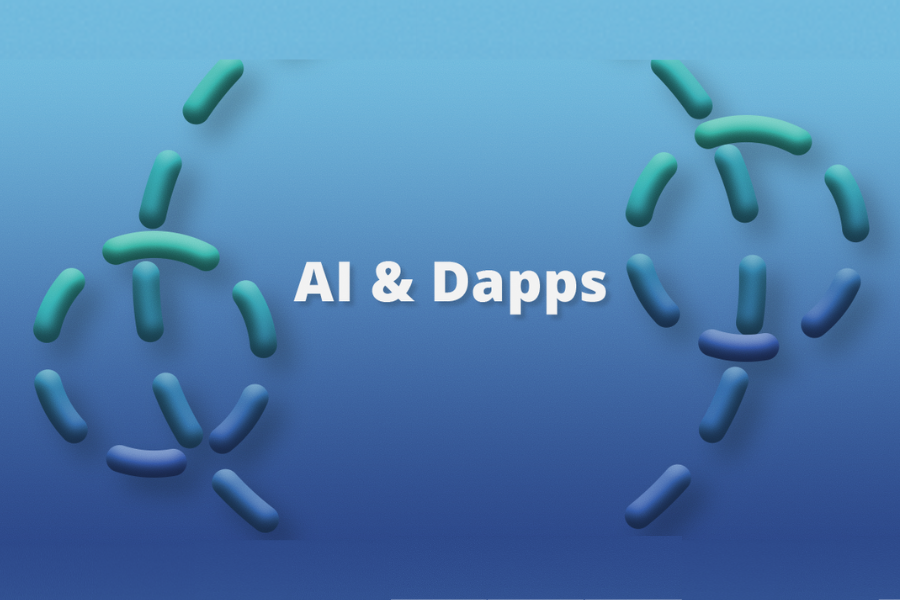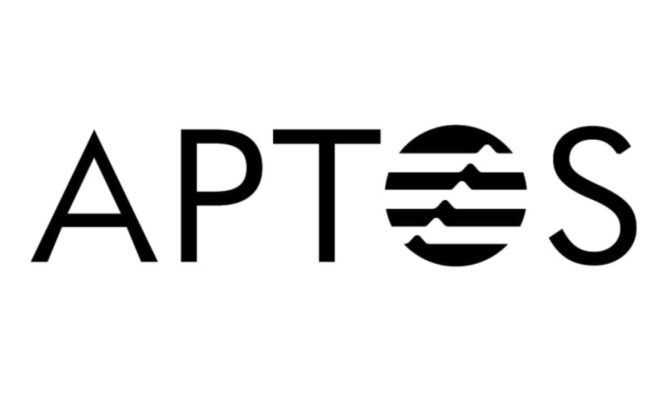With the artificial intelligence (AI) market size already valued at $93.5 billion in 2021, AI is undoubtedly becoming one of the most important technological breakthroughs of the century.
AI refers to a computer or machine’s ability to mimic human intelligence, by performing tasks and teaching itself to become better at their execution, during the process.
Versatility is one of the primary aspects that makes AI so promising, as it can be applied to complement nearly any industry — making its disruptive potential nearly infinite. And one of AI’s most powerful synergies lies in its combination with blockchain technology.
This article will explore the potential unlocked at the intersection of blockchain and artificial intelligence, and the future potential of their symbiotic relationship.
How AI Is Unlocking More Advanced dApps
In case you’ve missed the memo, blockchain — the underlying technology behind cryptocurrencies — is a system of recording data on a shared, immutable ledger. Since the distributed ledger is stored across thousands of decentralized nodes worldwide, this makes it nearly impossible to alter, hack, or censor.
While both blockchain and artificial intelligence are still in their infancy, their combined value gives birth to a myriad of interesting, synergistic use cases. Increasingly more blockchain developers are exploring the power of AI and applying it to their blockchain-based decentralized applications (dApps).
In fact, the first AI-based dApp was already launched back in 2018 on The Cortex blockchain, which claims to be the world’s first network to implement artificial intelligence-powered dApps, with machine learning capabilities.
Digital Clash was the first AI-enabled dApp on the Cortex Network, which is a simplistic, pixel game that based its trained model for possible scenarios on artificial intelligence. As both AI algorithms and blockchain networks have since advanced, more complex dApps have started leveraging them.
Decentralized AI is another interesting example, that combines both emerging technologies. In a nutshell, Decentralized AI is a semantic segmentation task that operates in a decentralized fashion. Users can submit images to the protocol for semantic segmentation, which is performed on a decentralized cloud.
Blockchain-based dApps saw another leap of innovation with the emergence of smart contracts, which are self-executing computer programs that run on the immutable blockchain network.
For instance, VIA’s Trusted Analytics Chain™ combines the immense data processing capabilities of AI with smart contracts, to gather information from the world’s largest energy companies and uses it to generate advanced insights into the global energy industry.
Another protocol applying AI algorithms to smart contracts is WorkDone. The project’s browser extension uses smart contracts and machine learning to gather customer- and task-specific characteristics from online SaaS (software-as-a-service) platforms, which are transformed into insights to automate business processes and help people streamline repetitive tasks. WorkDone’s AI algorithms also create company-specific intelligence systems, which can be leveraged on an institutional level as well.
Yet, sovereign AI algorithms are still mainly limited to repetitive, data management-oriented tasks, which is why companies are implementing human oversight to advance artificial intelligence protocols.
One notable project striving to advance the field is AIWORK — a protocol that combines the efficacy of smart contracts on a decentralized blockchain platform with a consensus network of AI, governed by a community of human experts. AIWORK aims to solve some of the biggest problems of online video content, like the lack of metadata, and inconsistent content safety indexing.
The protocol’s AI algorithms are used to generate video metadata, as well as machine translations and transcription, which are verified by a network of human experts and validated via blockchain consensus, before being used to make their machine learning algorithms smarter.
The above examples are only scratching the surface of the potential unlocked by AI-powered decentralized applications that are already being used today. They also illustrate the importance of AI algorithms in gathering and processing massive sets of data to generate industry-specific insights.
The Future of AI-Powered dApps
Much like artificial intelligence, AI-infused dApps are still in their technological cradle, which makes it hard to speculate on the potential use cases we’ll see in the future. Yet, as blockchain provides a decentralized, transparent, and immutable medium for AI applications, the convergence of more advanced decentralized applications is inevitable.
In the near future, we’re likely going to see AI and deep learning algorithms implemented in DeFi (decentralized finance) to advance user protection and smart contract efficiency. For instance, AI algorithms could be applied to historical market data to create more intelligent predictive models for major market moves or more advanced yield farming protocols.
AI-enabled prediction models may also become more prominent in the energy, healthcare, and sports betting industries, thanks to their industry-leading capacity to analyze massive amounts of data.
Finally, the metaverse will be another likely venue for AI-powered dApps, as artificial intelligence algorithms will be required to manage the unprecedented amount of user data. AI-based dApps will likely gain utility in creating data trust, generating personalized user recommendations, and upholding data privacy for individuals.
Considering the symbiotic relationship between the two technologies, industry experts agree that blockchain and AI are a match made in tech-heaven. Yet, the real-world use cases that will arise from their convergence — as both blockchain and AI algorithms advance — will only be determined in the future.



